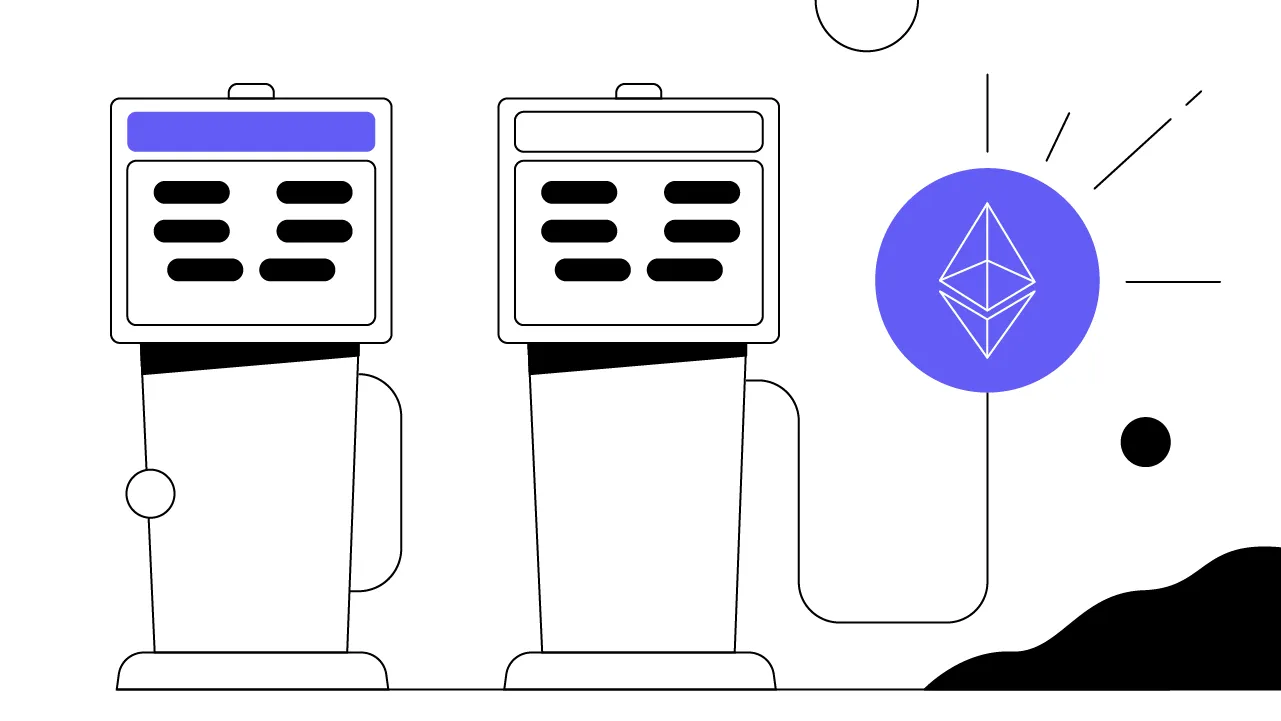Beyond Gas Fees — Can MEV Become a Public Good?
-

Most people think of gas fees as the cost of using blockchains. But the real story is MEV (Maximal Extractable Value) — the invisible tax that traders, DeFi users, and NFT minters pay daily.
Right now, MEV feels like a dark art:
Bots frontrun swaps.
Searchers sandwich trades.
Block builders auction order flow.
The result? Billions siphoned from users without them realizing it.
But here’s the twist: what if MEV isn’t inherently bad?
🧩 Projects like Flashbots SUAVE imagine a future where MEV gets socialized instead of exploited — redirected into protocol revenue, validator rewards, or even community treasuries. In theory, MEV could fund public goods the way transaction fees fund block rewards.
The open question:
 Can protocols really turn MEV from predation into coordination, or are we just painting lipstick on a pig?
Can protocols really turn MEV from predation into coordination, or are we just painting lipstick on a pig?Because if we fail, MEV will become the “Wall Street HFT” of crypto — invisible, extractive, and concentrated in the hands of a few elite actors.
If we succeed, MEV might be the hidden engine that powers sustainable blockchain economies. Question for you: Would you support a chain that taxes MEV to fund public goods — even if it raised your trading costs?
Question for you: Would you support a chain that taxes MEV to fund public goods — even if it raised your trading costs?

















